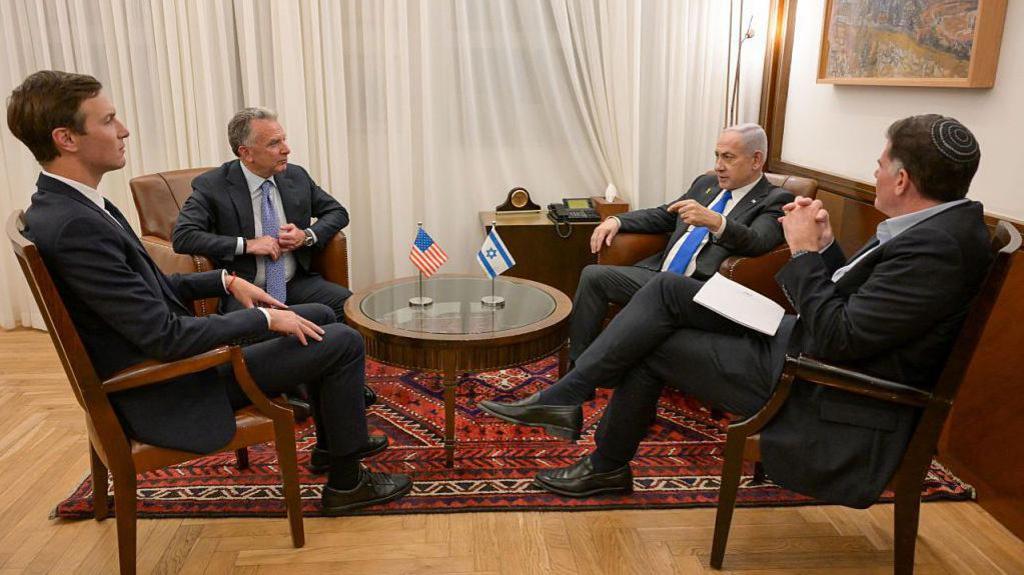Israel approves Trump’s plan — a historic diplomatic breakthrough that brings renewed optimism to one of the world’s most volatile regions. After months of relentless conflict, humanitarian devastation, and international appeals, Israel has officially endorsed former U.S. President Donald Trump’s peace proposal aimed at achieving a Gaza ceasefire and hostage release.
The announcement signals a turning point — one that many thought impossible. As leaders sign off on the framework, families of hostages breathe a little easier, global powers watch cautiously, and the Middle East stands at the edge of a fragile but powerful hope: that peace may finally triumph over pain.
Why “Israel approves Trump’s plan” is monumental
This isn’t a routine political shift. The fact that Israel approves Trump’s plan means that long-standing positions are being reexamined, trust is being tested, and new risks are being accepted. For both those inside Israel and outside, this development indicates that parties are willing to strike deals even under pressure, believing the benefits now outweigh the costs.
How the plan balances ceasefire and hostage release
Under the terms of Trump’s proposal, Israel would pause military operations in Gaza for a defined period, during which hostage negotiations would be prioritized. The plan suggests phased returns of captives, comprehensive inspections, and an international monitoring mechanism to ensure compliance from all sides. This delicate balance allows breathing room for diplomacy without demanding abrupt or unilateral concessions.
Hostage release as a moral priority after “Israel approves Trump’s plan”
At its core, the focus is on liberating innocent civilians held in Gaza or elsewhere amid the conflict. Israel approves Trump’s plan not just as a military or diplomatic maneuver — but as a moral statement: that hostages matter and must be freed. The plan offers a structured timetable, allocation of resources for verification, and new incentives for cooperation.
International response and renewed optimism
Global leaders reacted with cautious optimism. Allies in Europe, the Arab world, and the United States called the move “historic” and “a signal that diplomacy still works.” Humanitarian agencies see in it a path to rebuild shattered communities. With Israel approving Trump’s plan, international pressure may shift from protest and sanctions to support, aid, and logistical collaboration.
Challenges ahead despite “Israel approves Trump’s plan”
Even as Israel approves Trump’s plan, the road won’t be smooth. Key challenges remain:
- Verifying full compliance from all militant groups
- Preventing spoilers who might sabotage peace efforts
- Ensuring that ceasefire holds beyond the initial period
- Addressing humanitarian crises in Gaza
- Guaranteeing that released hostages truly gain freedom
Voices from the ground: human stories
For families waiting decades, the approval ignites a spark of hope. Widows, children, and parents speak openly of renewed faith that their loved ones might still come home. In Gaza, ordinary citizens—tired, hungry, traumatised—see this as a rare chance at normalcy. Soldiers, too, welcome a pause from endless combat, praying that diplomacy can replace shells.

What “Israel approves Trump’s plan” means for peace
If successful, this move could mark a turning point. The agreement could establish a precedent: ceasefire through negotiation, not force. It might pave the way for longer-term agreements on borders, governance, access, and reconstruction. More than that, it could restore public faith in diplomacy as a valid strategy, not just during stalemate, but as a first option.
How this shapes the narrative of leadership
Israel approving Trump’s plan offers former President Trump a renewed global role and relevance. It also forces current leaders in Israel, Gaza, and nearby states to engage rather than posture. In domestic politics, those who resisted or supported the plan will now be judged by results. Success or failure will shape legacies.
What comes next: steps following “Israel approves Trump’s plan”
- Deployment of ceasefire monitors on both sides
- Phased release schedules for hostages with verification
- Humanitarian corridors opened for medical aid, food, water
- Reconstruction planning in Gaza backed by international funds
- Continued diplomacy to extend the pause or escalate agreement
Why hope matters — even amid uncertainty
Conflict leaves deep trauma, fear, and hopelessness. But when Israel approves Trump’s plan, it offers something rare: a vessel for faith. People begin to imagine futures beyond war. Families begin to grip possibility. Even skeptics are drawn to the promise of something better. In war’s darkest hours, hope is itself a form of resistance.
Conclusion
Israel approves Trump’s plan not as a final settlement, but as a courageous step toward ending suffering. It revives diplomacy, centers morality, and renews possibility in a region long starved of it. The journey ahead will be painful, treacherous, and uncertain—but for the first time in a long time, peace feels not just distant, but imaginable.
Do follow us: Instagram
Read More: How Green Data Centers Can Help Gulf Nations Achieve Climate Goals



